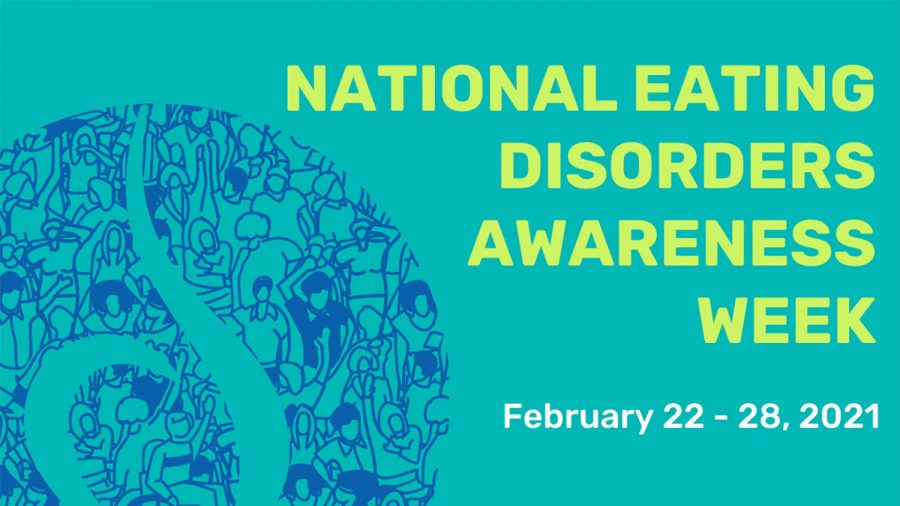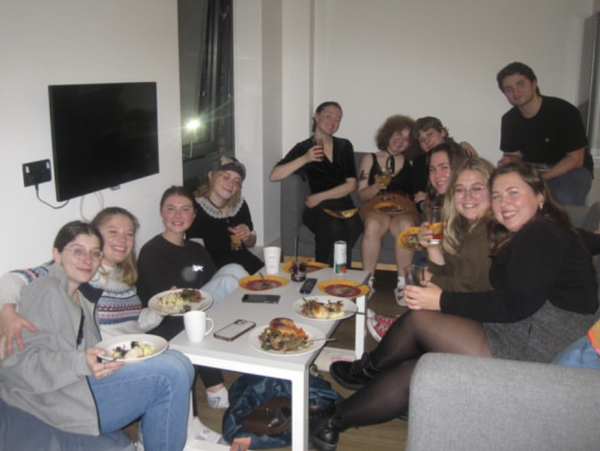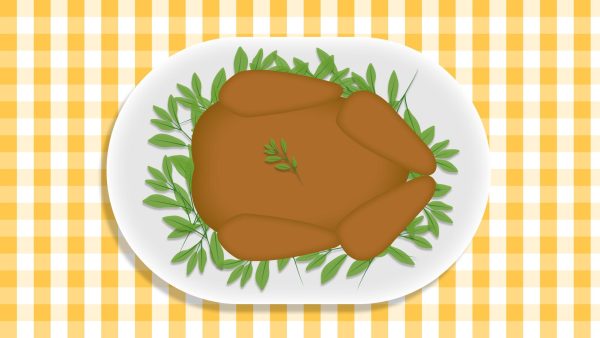Recovering in an anti-recovery world
February 22 marked the first day of National Eating Disorder Awareness week, but it needs to be more than a seven-day conversation.
March 13, 2021
Recovering from an eating disorder in a society where disordered eating is normalized, and often praised, is difficult. Diet culture is incorporated into so many aspects of everyday life; through social media platforms, advertisements, and casual conversation, it is clear to see how obsessed our culture is with looking and eating a certain way.
I know how hard being surrounded by this makes recovery, because I am currently in my second round of residential treatment within the past three months.
February 22 marked the first day of National Eating Disorder Awareness week, but it needs to be more than a seven-day conversation. For seven years, I have struggled with an eating disorder, but I had to advocate for myself just last year for it to finally get noticed, which goes to show how much more society as a whole needs to pay attention.
According to anad.org, nine percent of the U.S. population will have an eating disorder at some point in their life, which equates to around 30 million people. This is a dangerously high statistic, especially considering the fact that eating disorders are one of the deadliest mental illnesses.
Part of the reason these numbers are so high, is due to the lack of education and awareness that our society is offered in this field, not to mention the negative stigma that still surrounds eating disorders.
Because of this stigma, the first time I started any treatment, I was afraid to tell anyone. I kept it fairly hidden and would give a vague excuse for why I couldn’t hang out with someone or go to an event. I had internalized the toxic beliefs that have circulated around society for so long that I felt ashamed for taking care of myself.
This kept me from fully embracing and committing to recovery until just recently.
Since I have come back to residential for the second time, I have been much more ready to trust the process. Now, I realize that sharing my story will help others, not create a bad image for myself.
This does not mean recovery has been a piece of cake though; going back into the real world after treatment is one of the hardest parts.
For those who have to go through the process of refeeding as a part of recovery, the presence of diet culture makes it all the more discouraging. The process involves consuming a fairly large amount of food to restart the metabolism, which is all the more daunting when surrounded by people who are constantly trying to go for “low-calorie” options. Not only that but, being in recovery, I am now fully aware of how many comments are made against certain types of food. Phrases like, “I shouldn’t eat that…” or, “I ate so much ‘junk’ food this week; I need to go on a diet,” are more harmful than one might think.
Recovering from any eating disorder in a society where certain bodies are celebrated over others, and where food is labeled as “good” and “bad,” feels almost impossible sometimes, which is why it is so important for awareness to last all year rather than just seven days.
Throughout the awareness week, though, I was pleased to find friends of mine reposting eating disorder awareness information on their Instagram stories. It felt like some people were really trying to listen this year and debunk the stereotypes that eating disorders commonly hold. Imagine what could happen if everyone paid a little more attention.
For more education on eating disorders, visit: https://www.nationaleatingdisorders.org.








